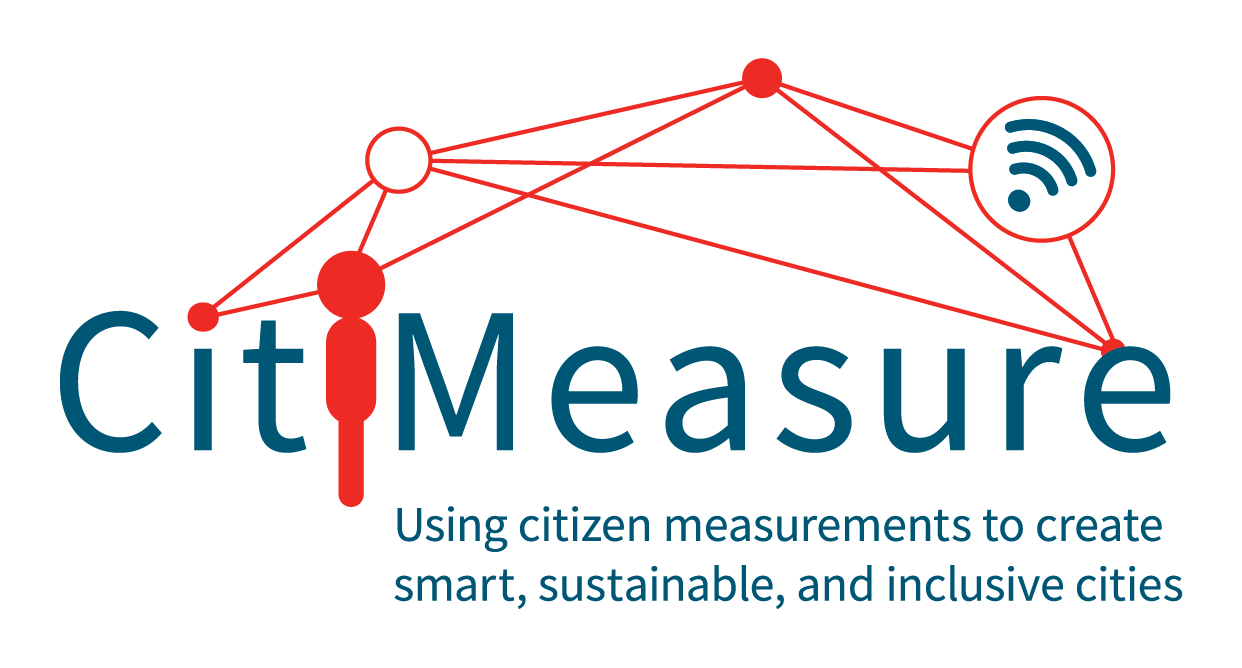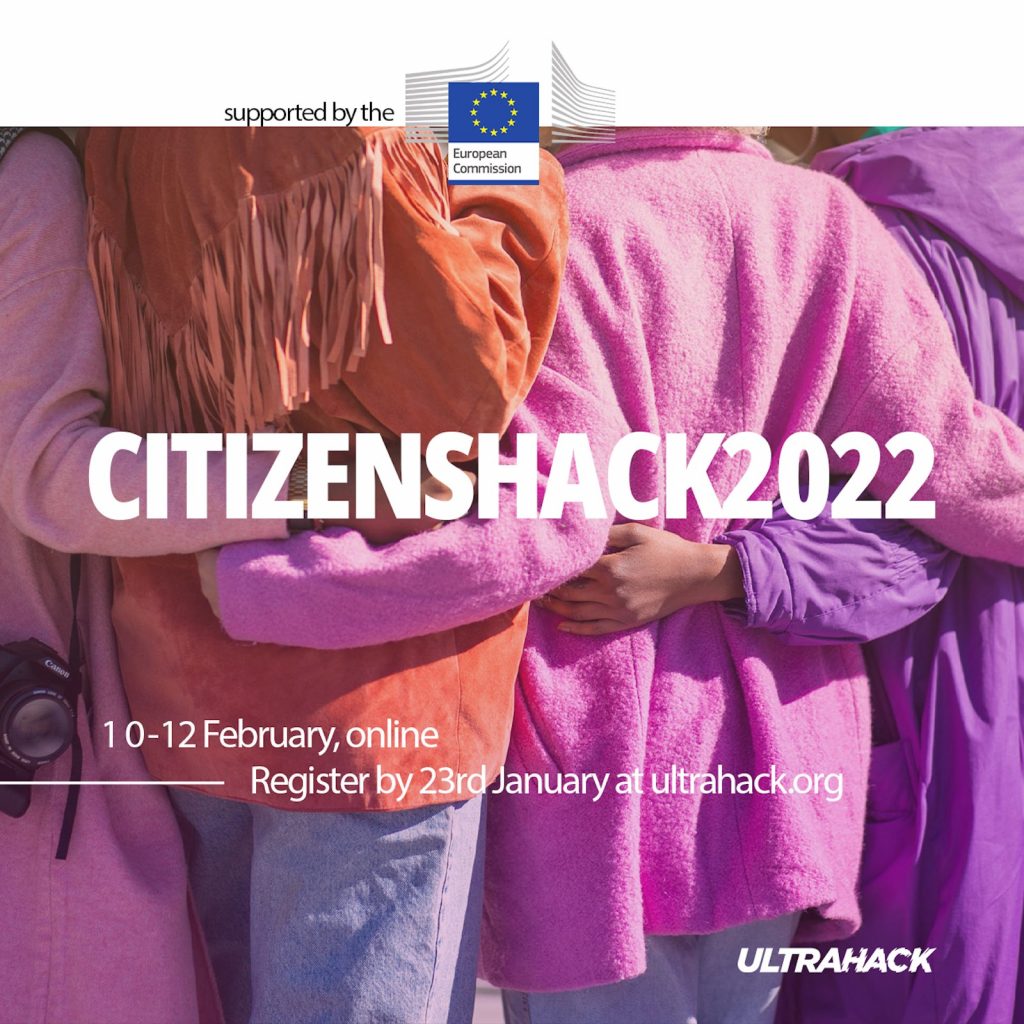Four out of ten adults living in Europe lack basic digital skills, according to the latest Digital Economy and Society Index report.
Digital transformation is changing the way we work, learn, engage with others, and live our daily lives. However, not everyone has equal access to the opportunities provided by digital technologies.
While some do not have the necessary skills to participate fully in the digital world, others lack information or financial resources. The elderly, migrants, and low-income groups are particularly affected by the digital divide. And women, still today, are under-represented in technology-related professions, with only one in five information and communications technology (ICT) specialists being women.
Cities will only be able to seize the opportunities offered by digital technologies if everyone has full access to infrastructure, education, and programmes that enable them to take part in the digital revolution.
Bridging the digital divide
Numerous initiatives are being developed at different levels of governance to promote digital inclusion. The European Commission has set out to address the lack of digital skills through different policies and initiatives, such as the European Skills Agenda, the Digital Education Action Plan, and the Digital skills and jobs coalition.
At the same time, at the local level, several cities are deploying innovative actions to ensure digital transformation leaves no one behind.
Targeting those at risk of digital exclusion
This is the case in Munich, where the ReDI school was launched in 2017. ReDI, which stands for Readiness and Digital Integration, is a non-profit coding school for tech-interested migrants and refugees without access to digital education.
ReDI Munich offers three different programmes: one offering high-end tech courses for talents who want to start a career in tech; one specifically addressing women who want to improve their digital literacy; and an individually tailored youth programme guiding children and teenagers through the tech world.
Digital inclusion and cohesion are a priority in Madrid’s digital transformation strategy. Voluntariado Digital is a project in which the municipal volunteering team from Madrid City Council participates in the digital accompaniment of older people.
Through the municipal programme ‘Madrid te acompaña’, created in 2020 to help alleviate prevalent social problems of the elderly derived from COVID-19, elders can receive the help of a digital volunteer who teaches them how to use digital tools.
Acquiring such skills allows older people to access Madrid’s digital services and participate in community activities.
Digital transformation going local
In Ghent, the De Krook building houses the public city library, university labs and offices, and a nanoelectronics and digital technology research centre. It is also home to one of the many DigiPunts, located across the city. In every DigiPunt, locals can use a computer with internet connection for free, and a supervisor is ready to help them with their questions.
This is just one of many initiatives that Ghent offers as part of its e-inclusion programme. The city aims to make residents more digitally self-reliant, ensuring they are not excluded by digitalisation but instead can seize its opportunities.
The Flemish city also offers training courses around digital themes, online tutoring and coaching, and access to digital infrastructure free of charge.
Similarly, Barcelona has seen an exponential increase in the demand for ICT workers when the city decided to establish its own IT Academy.
Free of charge, open to everyone and running both online and on site, the programme offers to reskill people from different backgrounds interested in a new career in the digital sector.
Supporting the supporters
For those who are interested in identifying, understanding, and enhancing capacities and competencies required for digital inclusion of different actors in citizen science projects, the Horizon project CitiMeasure has developed a set of guidelines on competencies for digital inclusion.
These guidelines result from a co-creation process led by Eurocities in close collaboration with the CitiMeasure Digital Inclusion working group members.
Closing the digital divide and reducing inequalities for a stronger territorial cohesion is one of the priorities of the Mayors’ Digital Assembly, the political advisory body that provides guidance to the Living-in.EU movement.
During the first meeting of the EU Mayors’ Digital Assembly, which takes place in Brussels on 15 June, local policymakers will get together to discuss concrete collaborative practices to overcome the digital divide through experimental learning and better access to local public services.
—————————
The final CitiMeasure event was held on 16 May 2023. A recording is available here.





